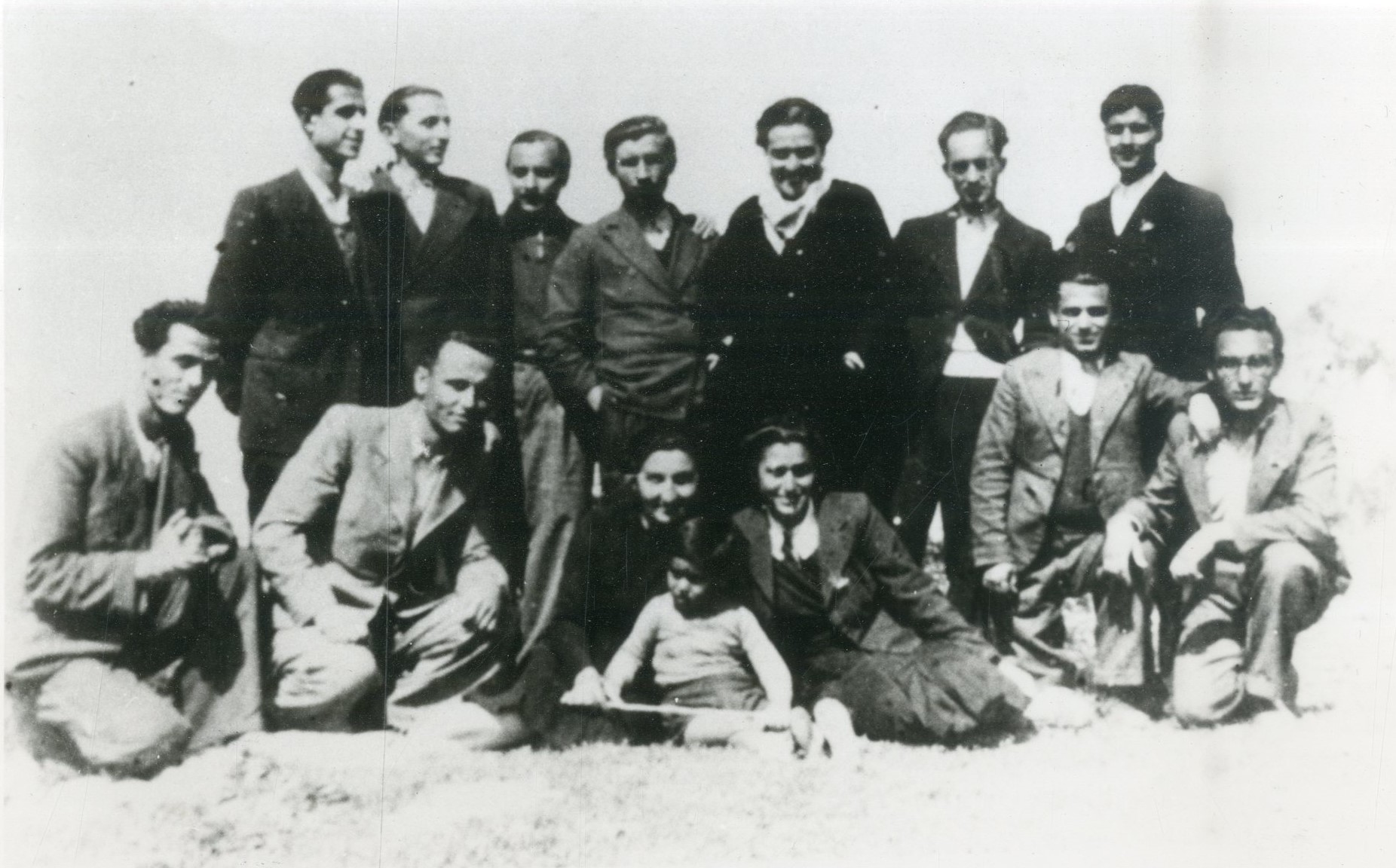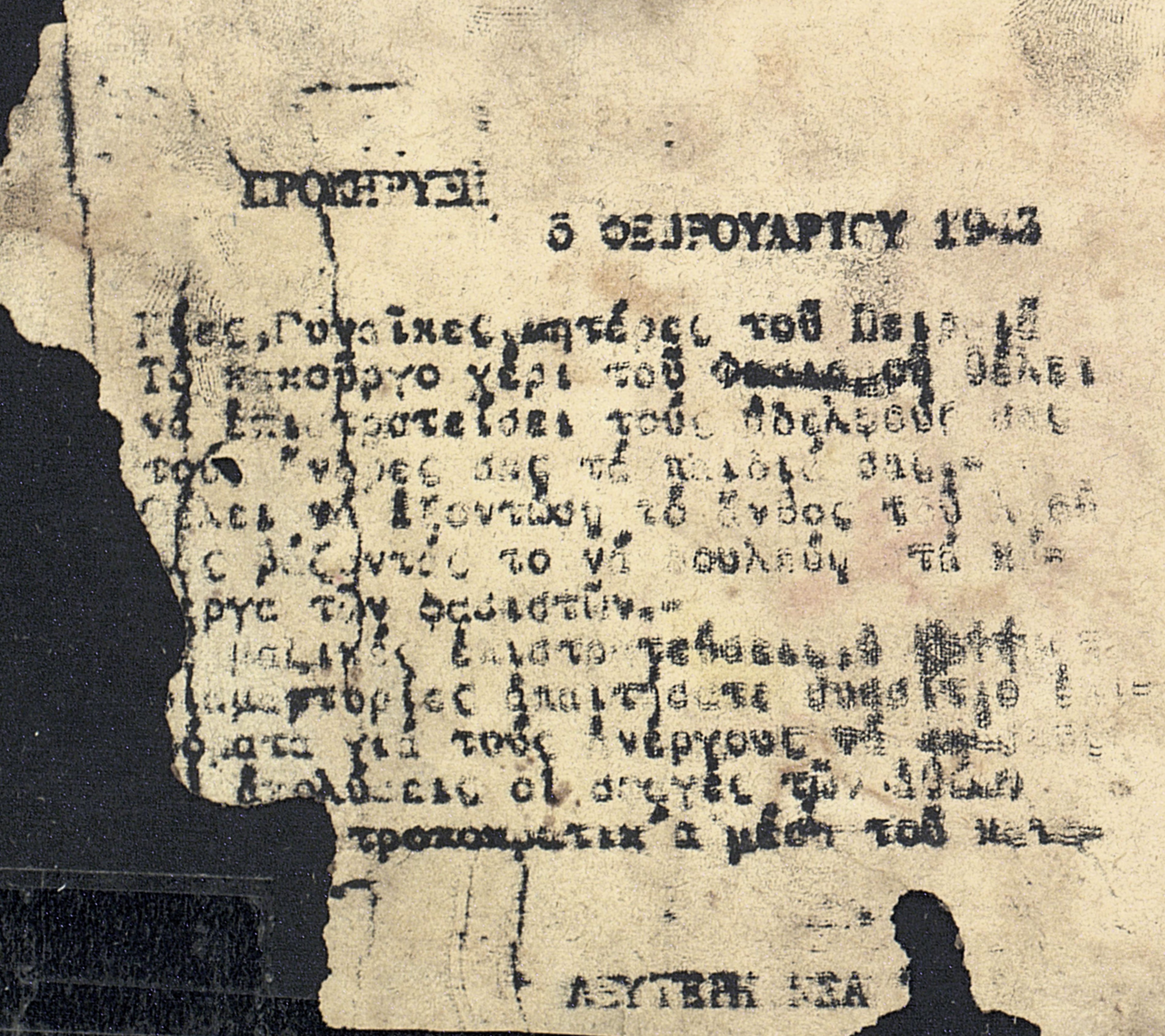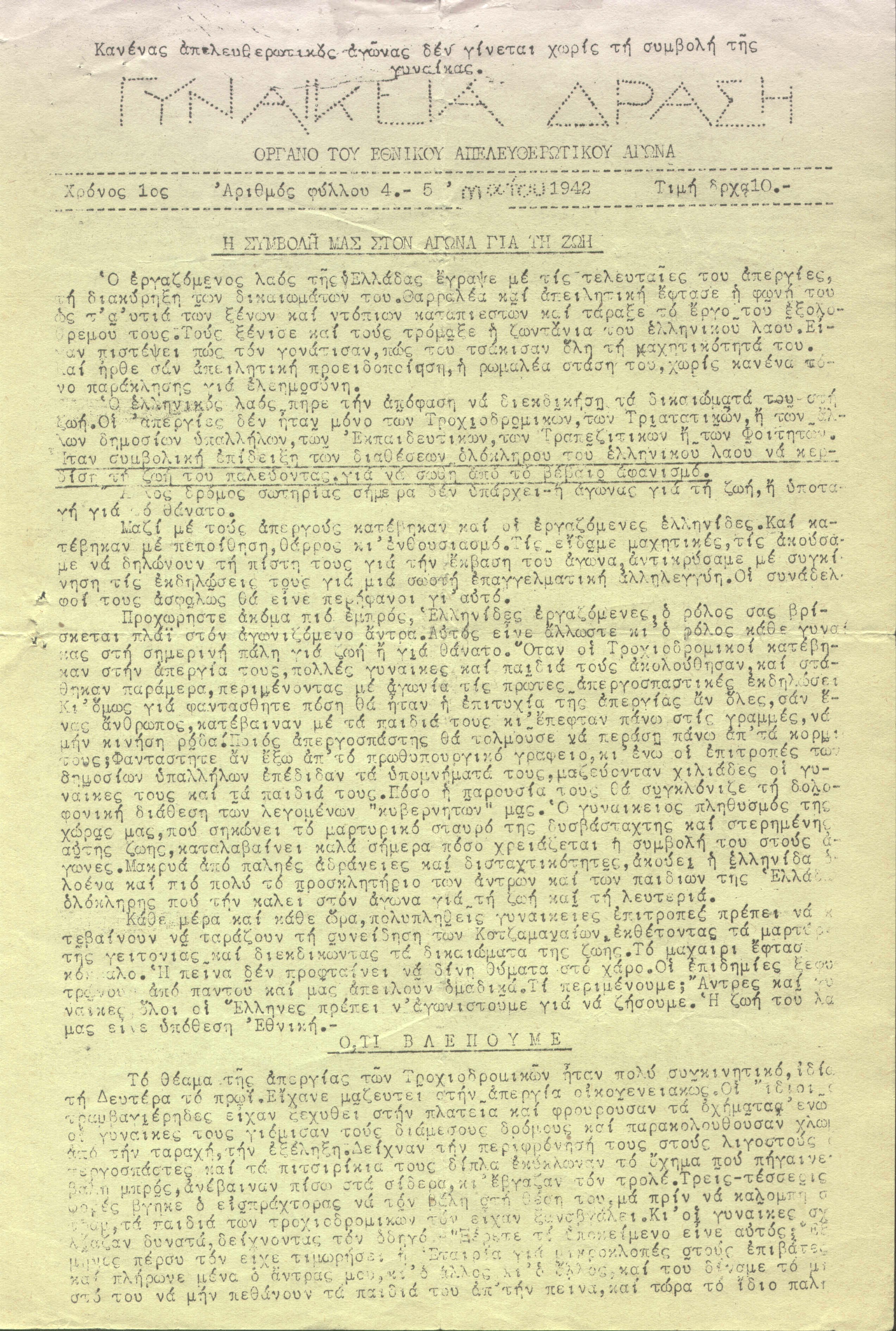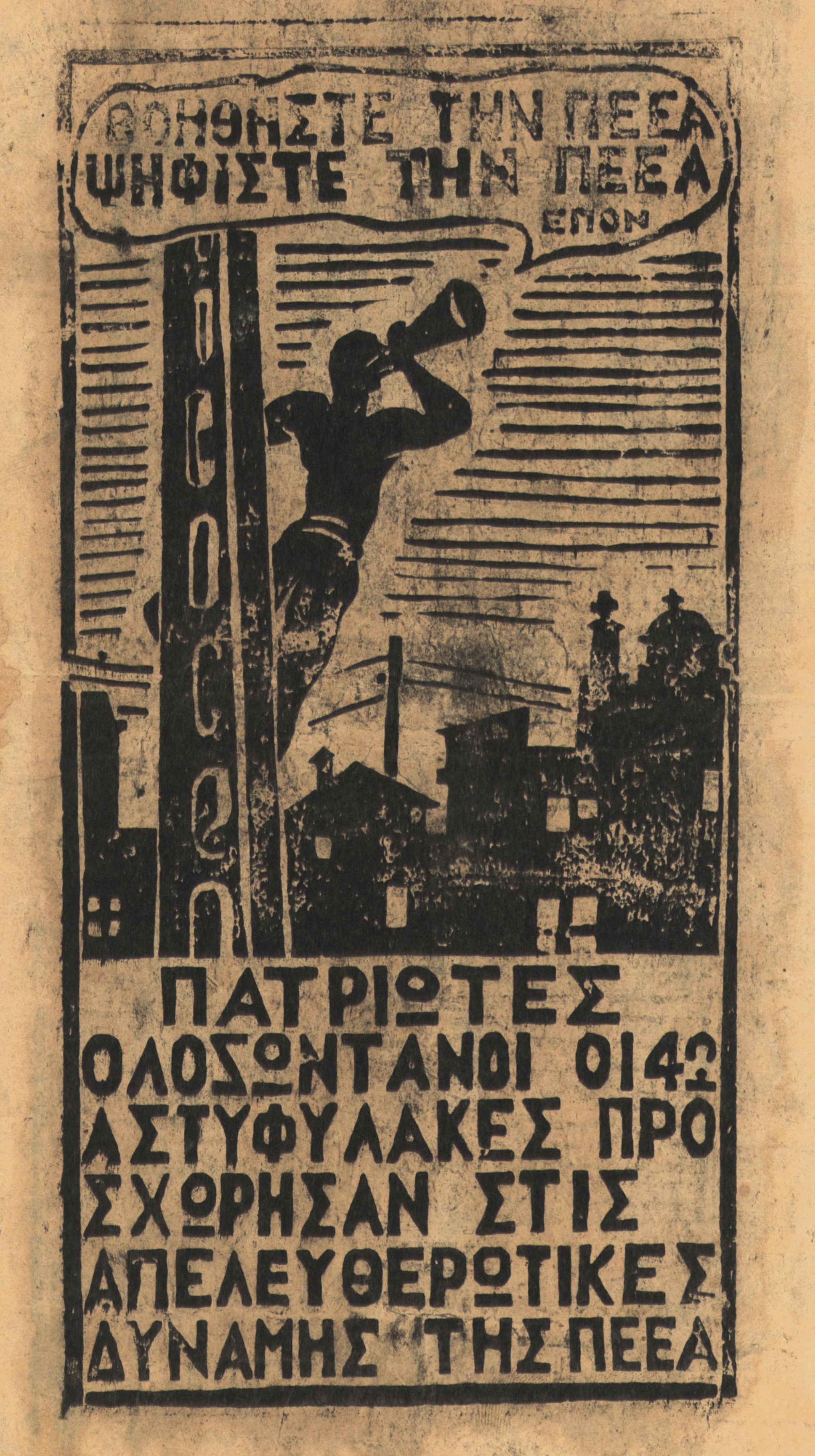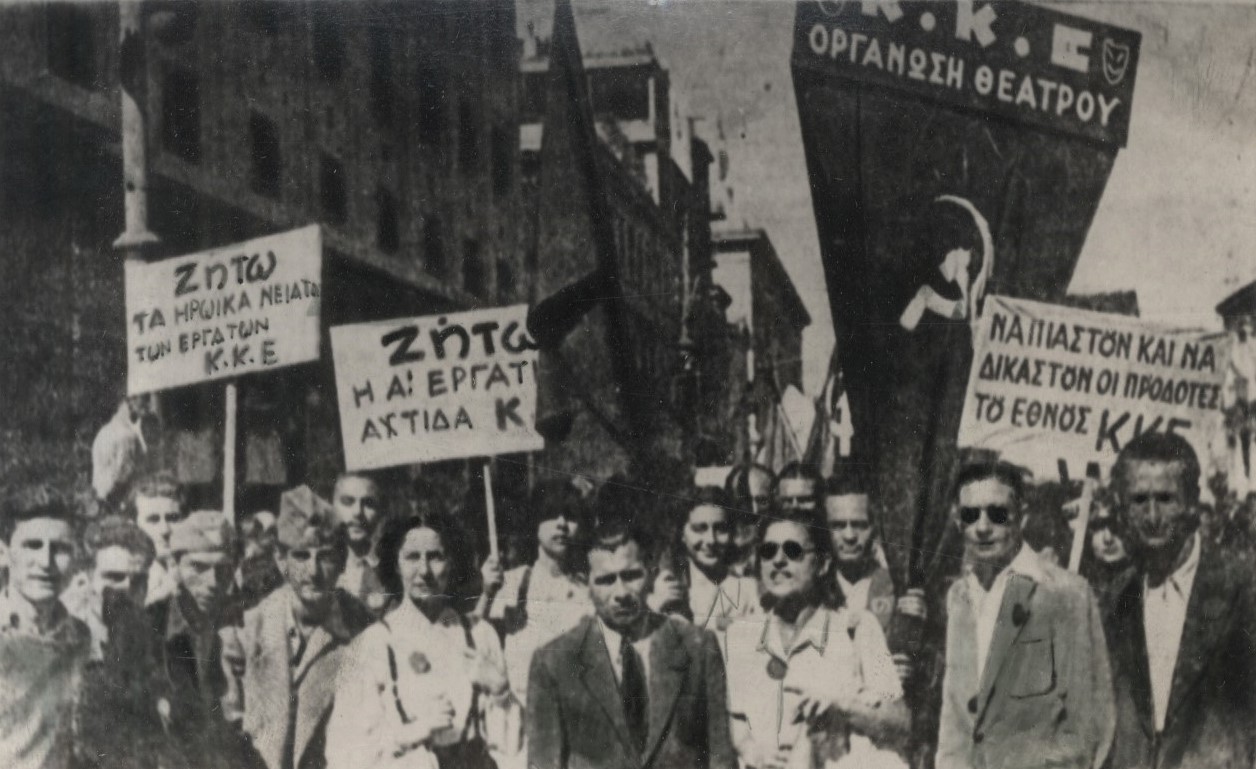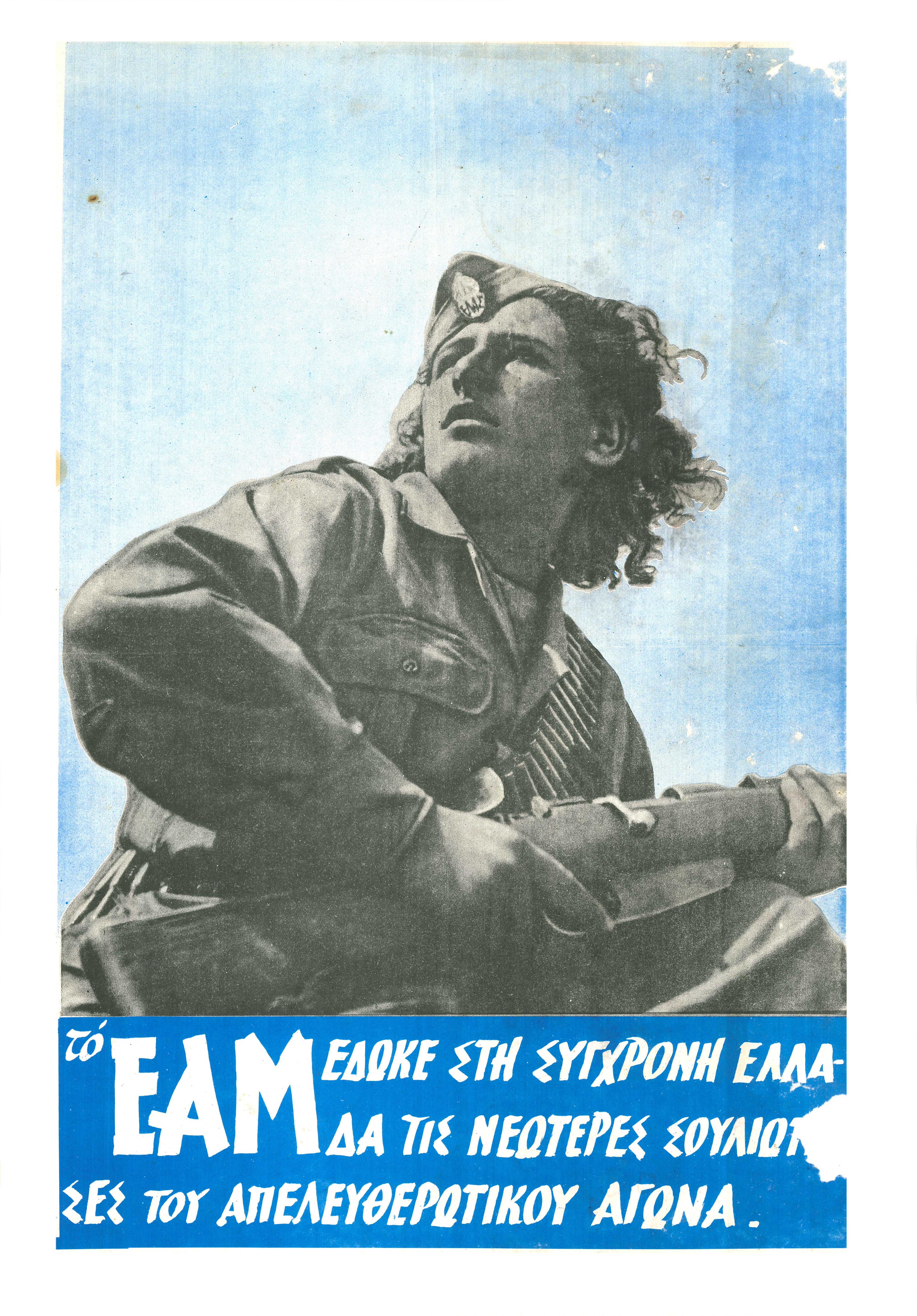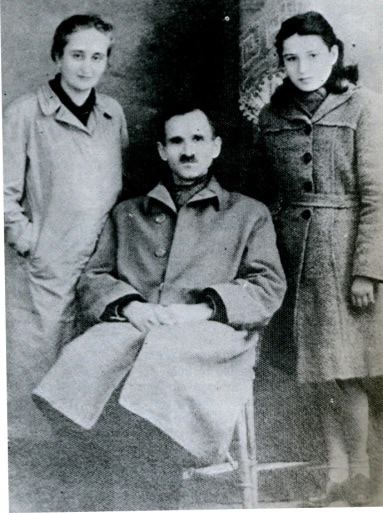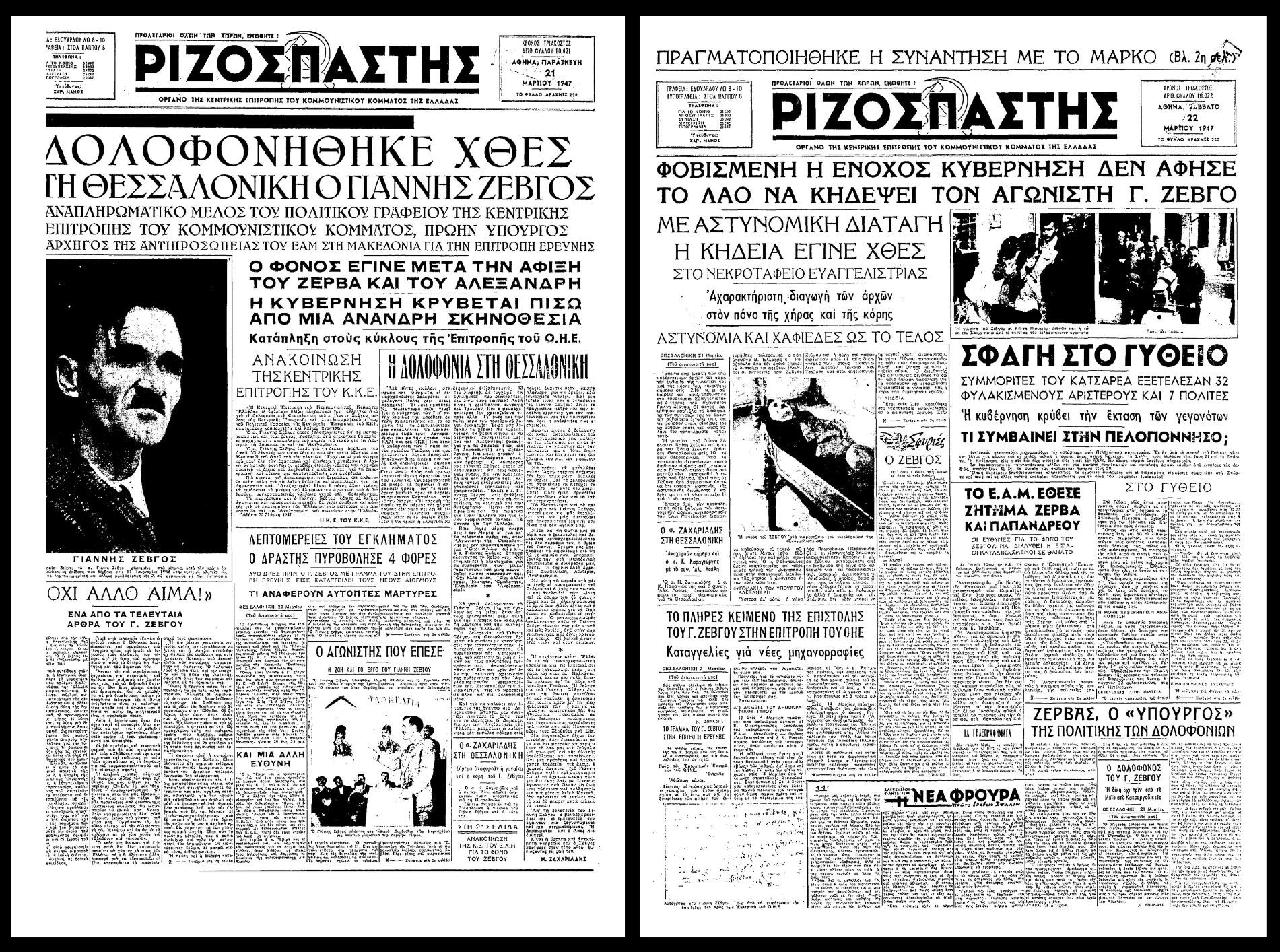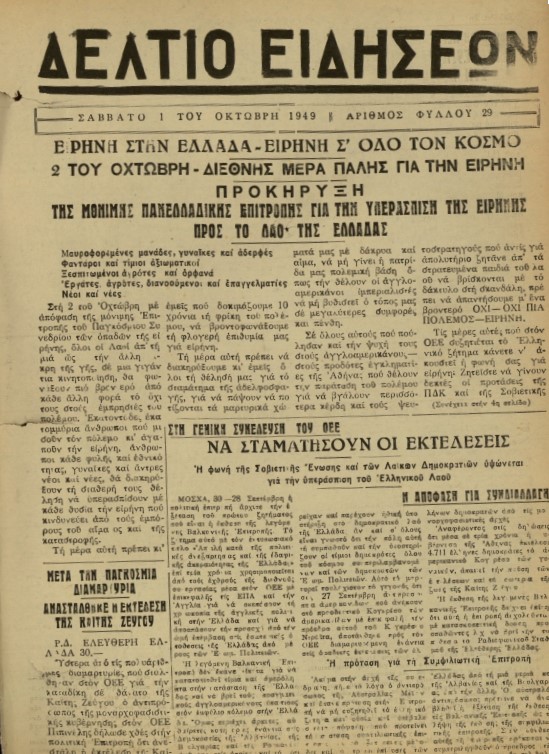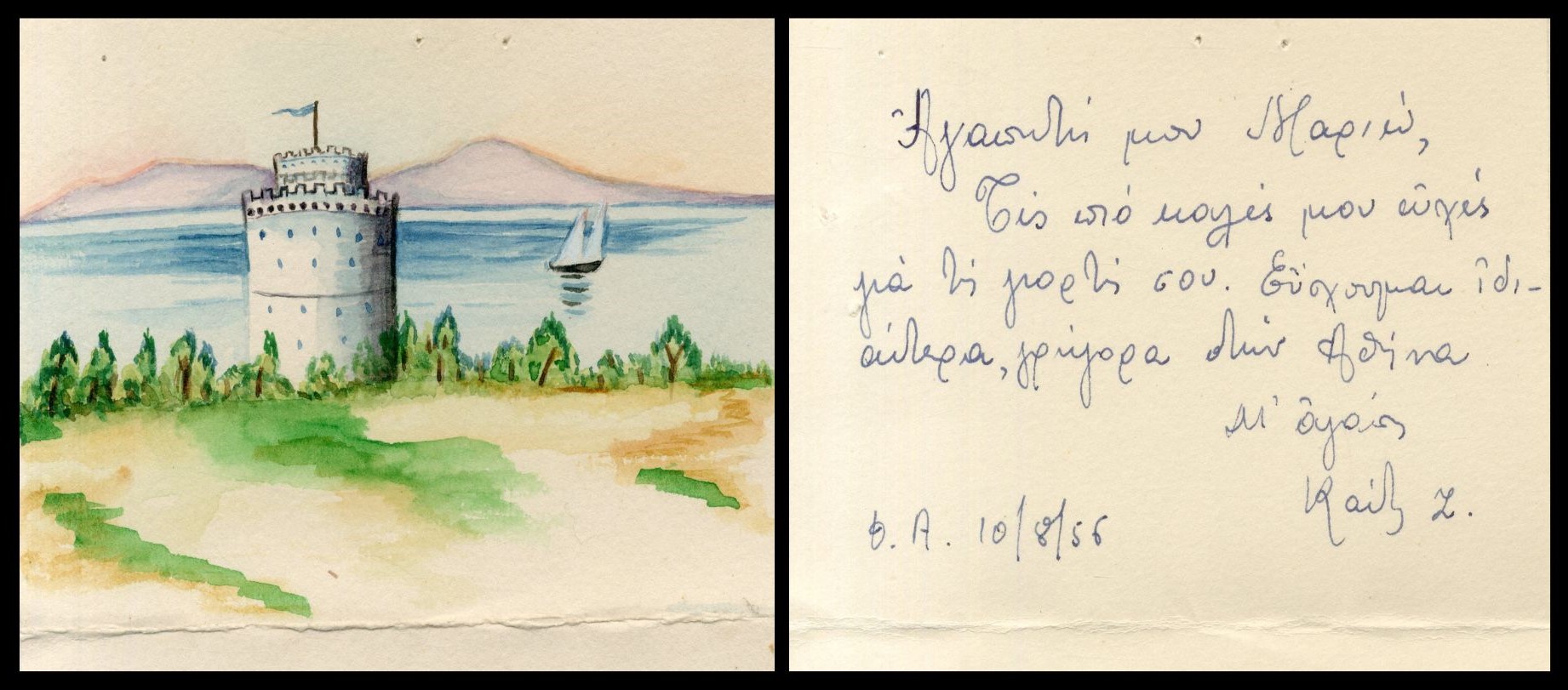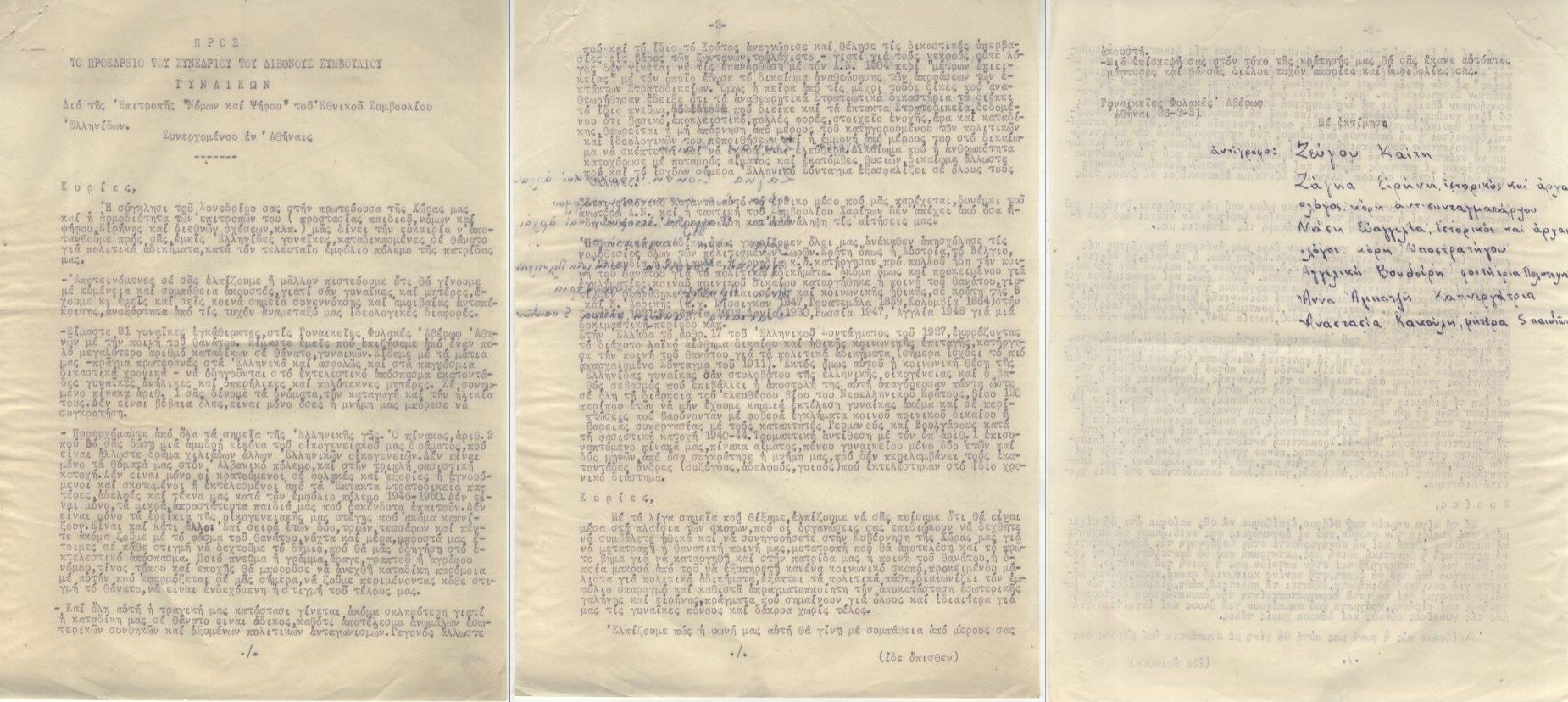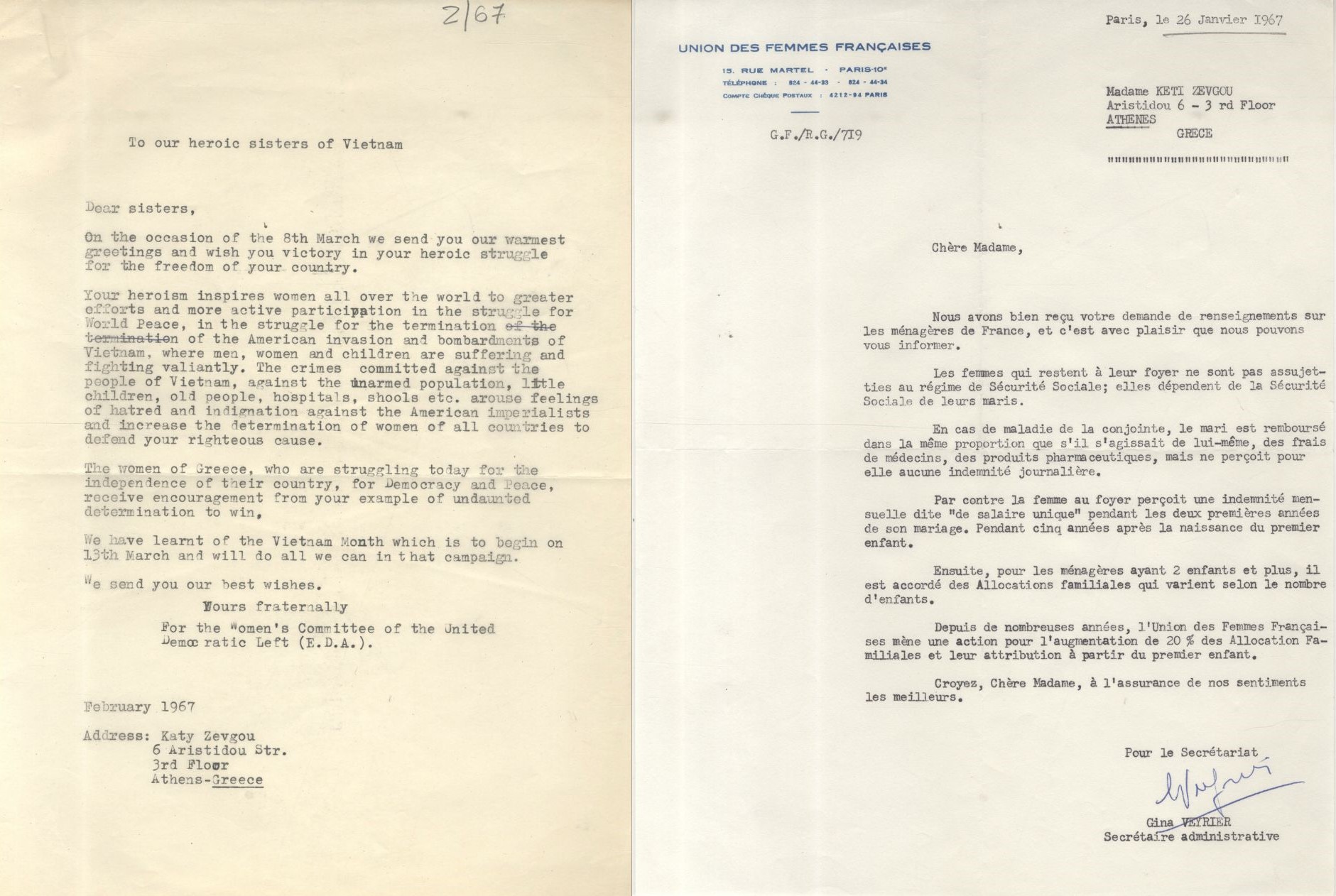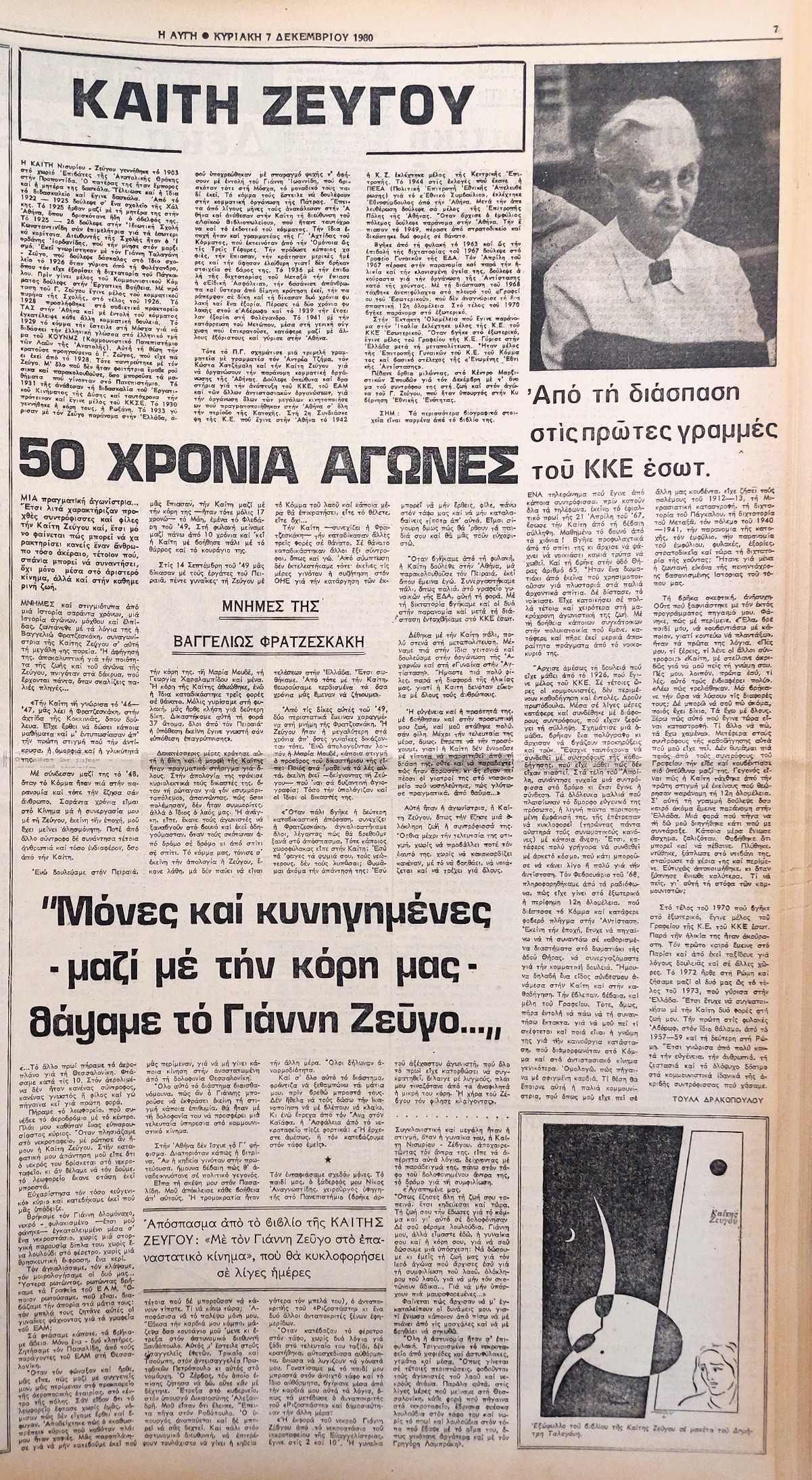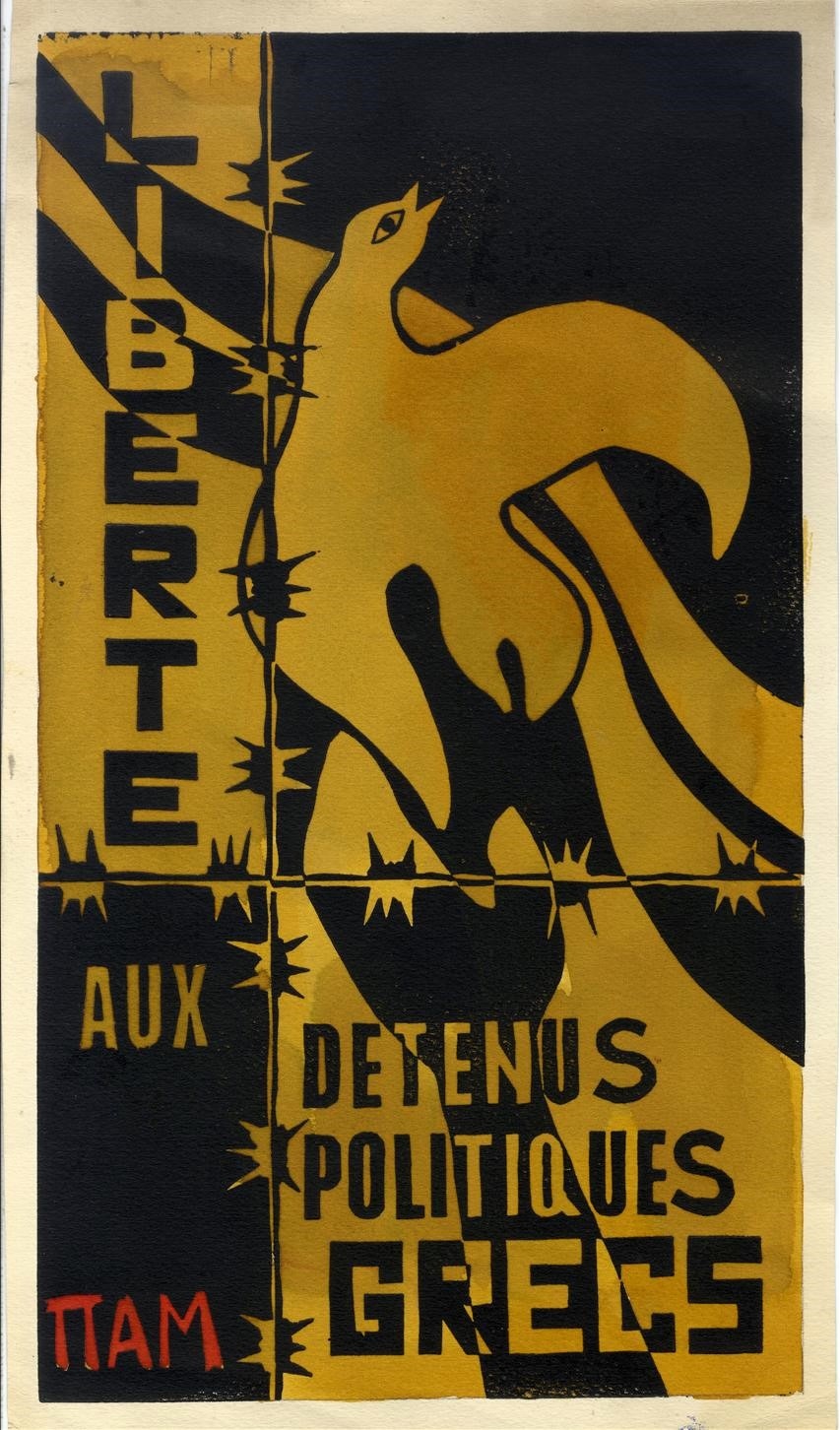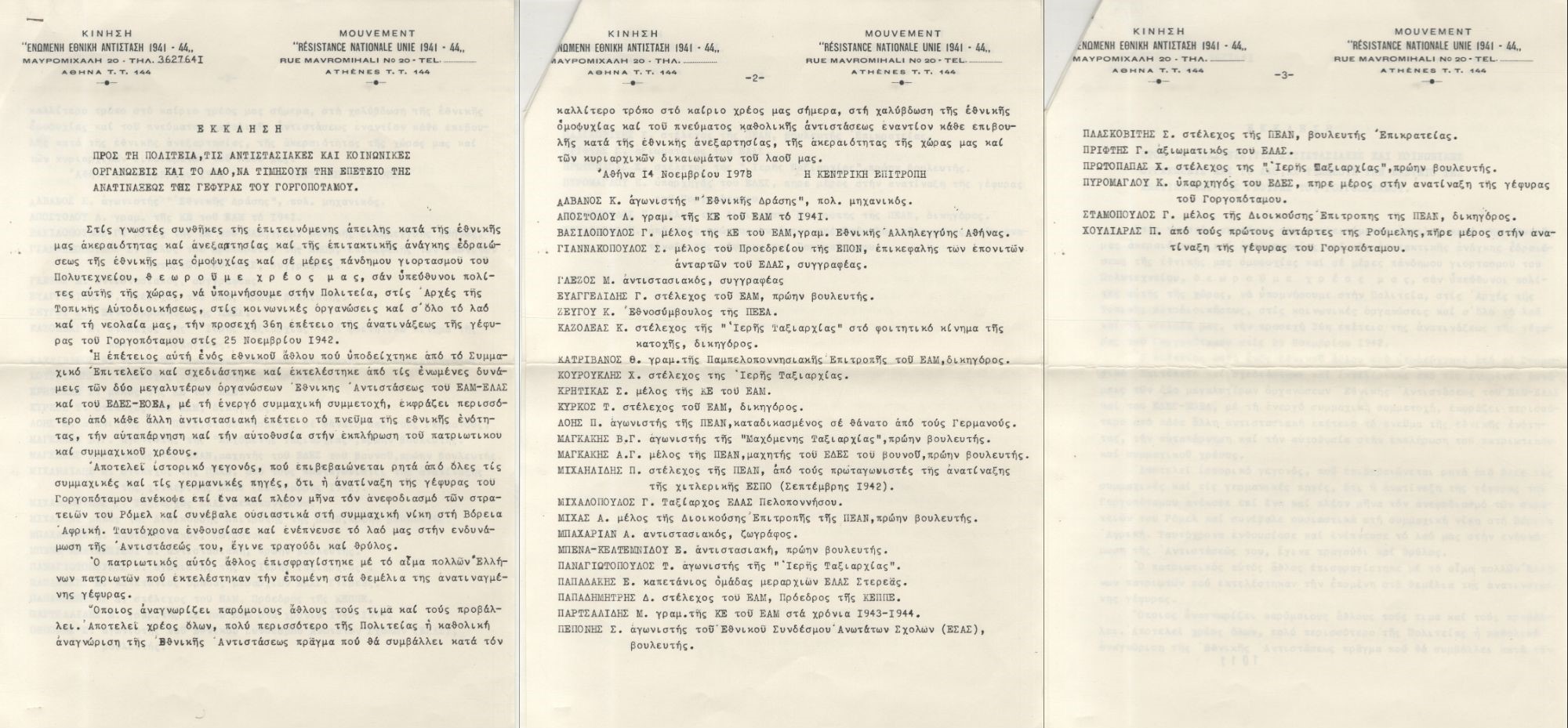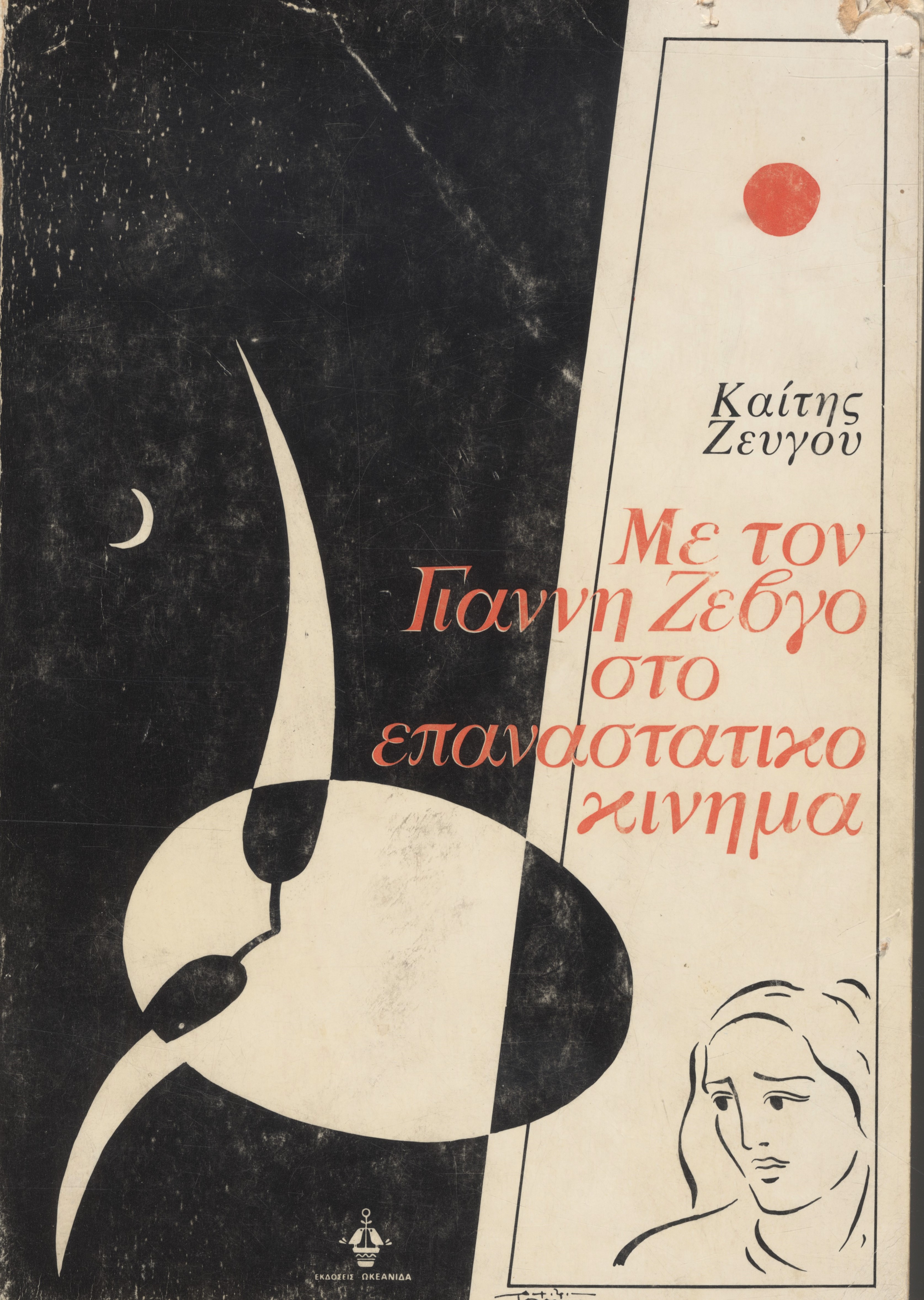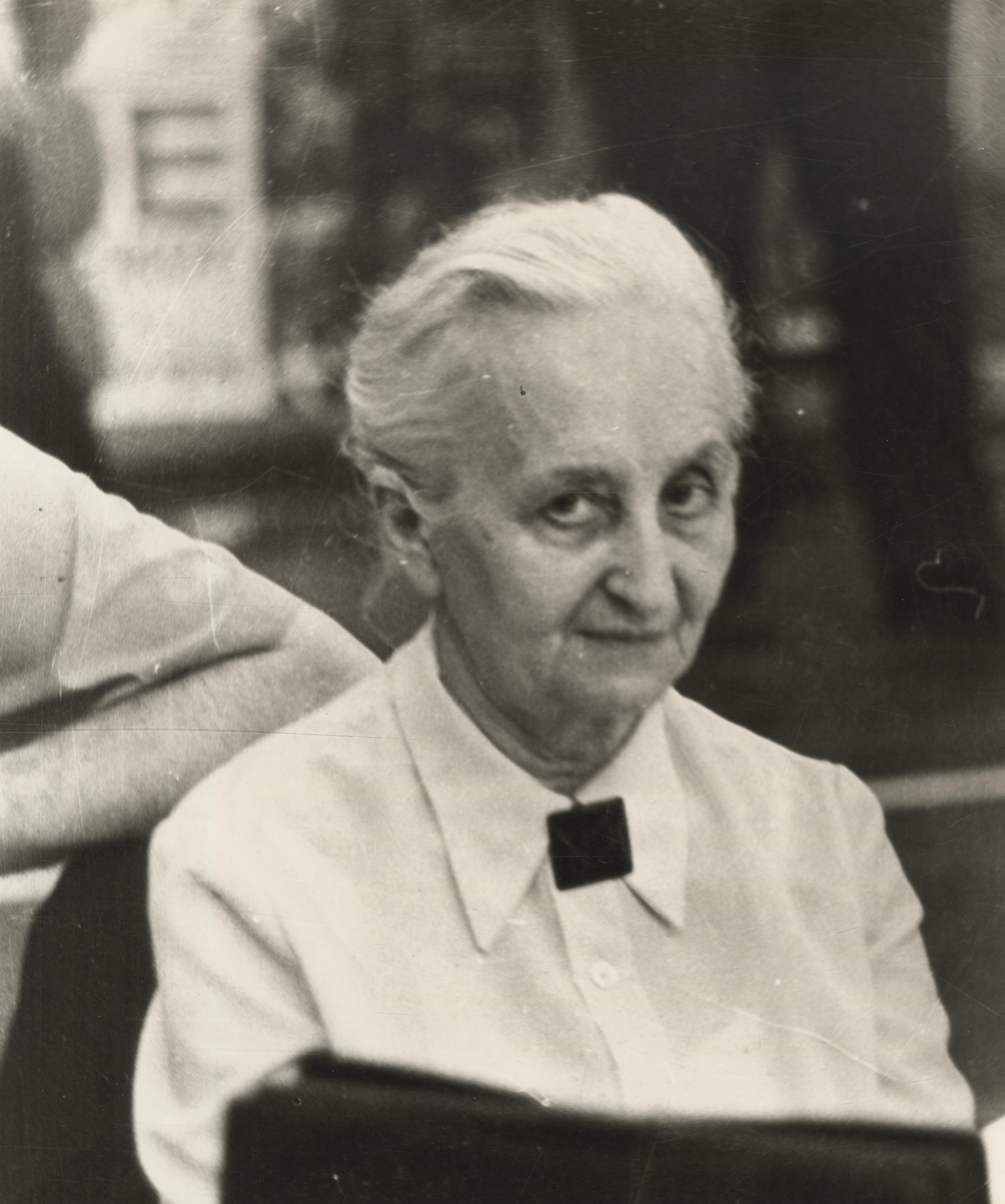Archives
ASKI, Archive of EDA, 140 (Female political prisoners)
ASKI, Archive of EDA, 316-317 (Female Assistance Committee)
ASKI, Archive of Fofi Lazarou (Correspondence)
ASKI, Archive of Lefteris Apostolou, 29-33 (United National Resistance Movement)
ASKI, Archive of the Woman in Resistance Movement
Bibliography
Zevgou Kaiti, With Giannis Zevgos in the revolutionary movement, Athens 1980
Zevgou Kaiti, “Thoughts around the female movement”, Greek Left, 33-34 (3-4/1966) pp. 38-45
Drakopoulou Toula, “From the breakup to the frontlines of the KKE of the interior”, Avgi, 7/12/1980, p. 7

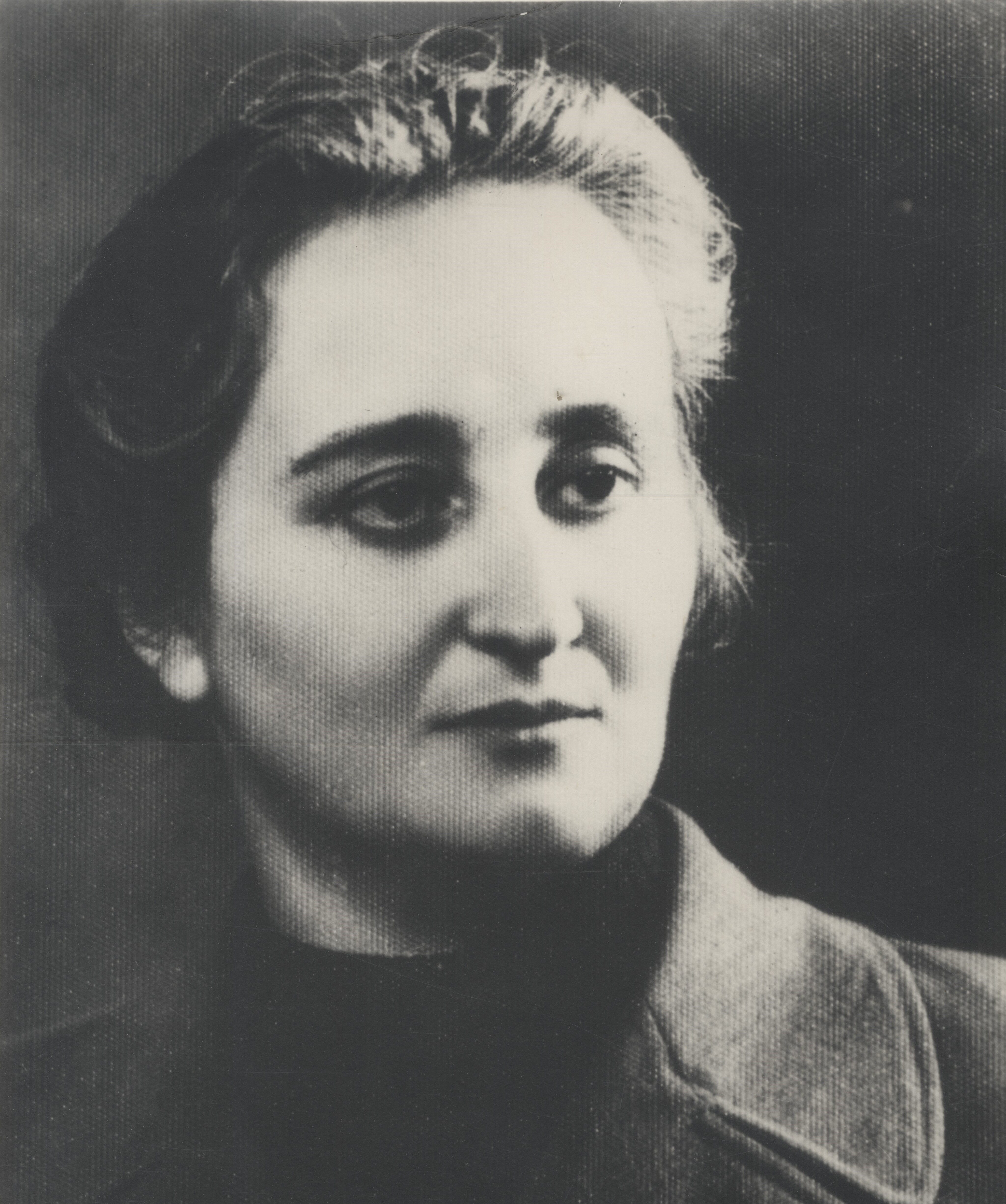
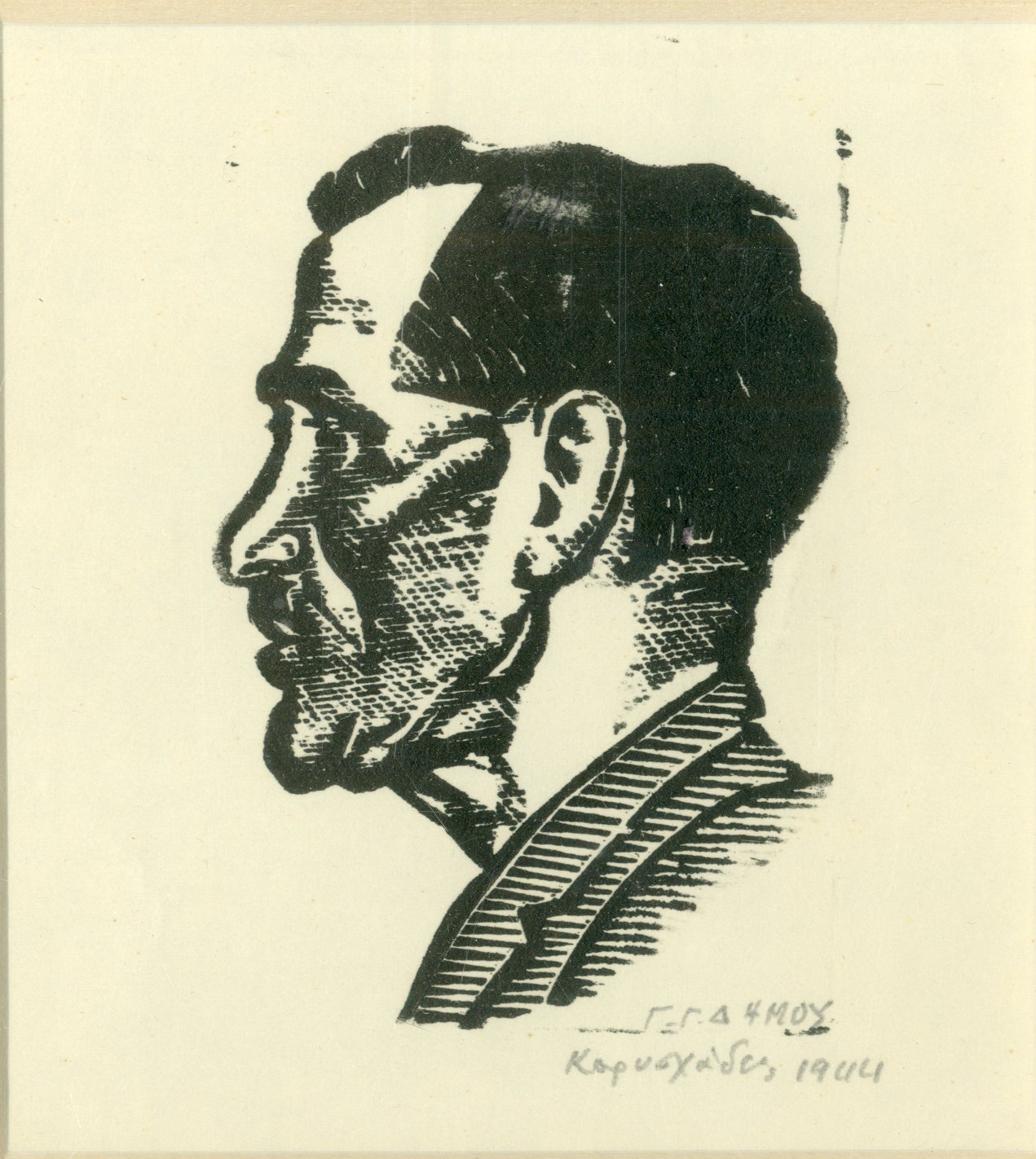
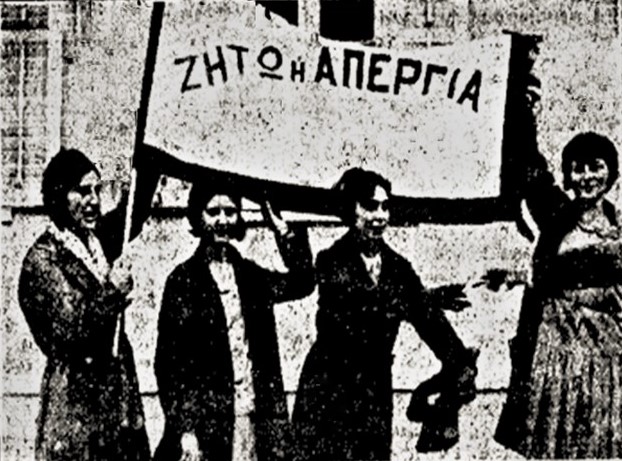
![Cover of the theoretical magazine of the Communist Party of Greece (KKE), Kommounistiki Epitheorisi [Communist Review], 1934 (ASKI Library) - ASKI](https://aski.gr/wire/wp-content/uploads/2024/03/ASKI_Hatzivasiliou_03.jpg)
